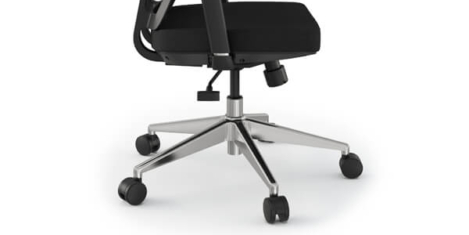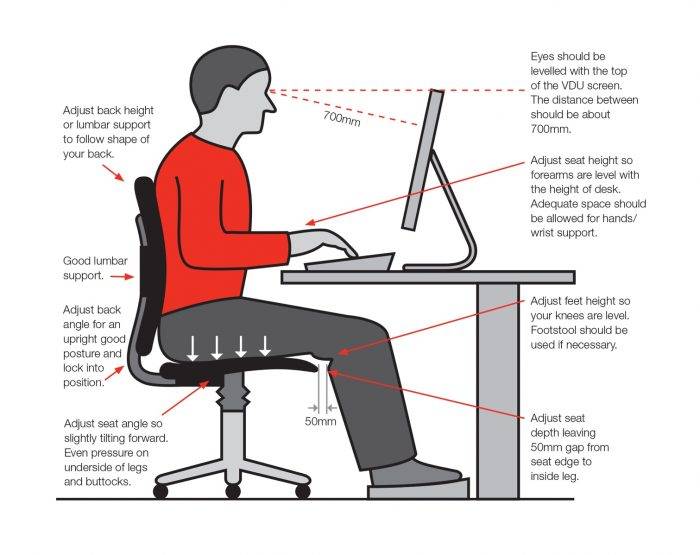February 12, 2019
UK workers demand better remote working options, claims Airbnb report
 UK employers need to provide more flexible and remote working options in order to attract the best talent, according to new research released by Airbnb for Work. Airbnb’s Future of Work report, the first of its kind from the platform, has revealed that the modern trend of remote and flexible working shows no sign of slowing down, and companies embracing this change stand to make the best hires. Workers in the UK are demanding more flexibility than ever, with 77 percent of respondents – and 84 percent of Millennials – agreeing that companies need to provide more remote options to attract talent.
UK employers need to provide more flexible and remote working options in order to attract the best talent, according to new research released by Airbnb for Work. Airbnb’s Future of Work report, the first of its kind from the platform, has revealed that the modern trend of remote and flexible working shows no sign of slowing down, and companies embracing this change stand to make the best hires. Workers in the UK are demanding more flexibility than ever, with 77 percent of respondents – and 84 percent of Millennials – agreeing that companies need to provide more remote options to attract talent.























 Well over a third (40 percent) of UK businesses have experienced a cyber security breach or attack in the last 12 months, according to new government figures as it announces the UK is set to become a world leader in the race to eradicate some of the most damaging cyber security threats. The Business Secretary Greg Clark has promised that increased security and protections will be built into digital devices and online services with the help of up to £70 million in government investment through the Industrial Strategy Challenge Fund and backed by further investment from industry.
Well over a third (40 percent) of UK businesses have experienced a cyber security breach or attack in the last 12 months, according to new government figures as it announces the UK is set to become a world leader in the race to eradicate some of the most damaging cyber security threats. The Business Secretary Greg Clark has promised that increased security and protections will be built into digital devices and online services with the help of up to £70 million in government investment through the Industrial Strategy Challenge Fund and backed by further investment from industry.









February 4, 2019
Getting back to environmental basics in the Anthropocene era 0
by Alison Kitchingman • Comment, Environment, Facilities management, Workplace design